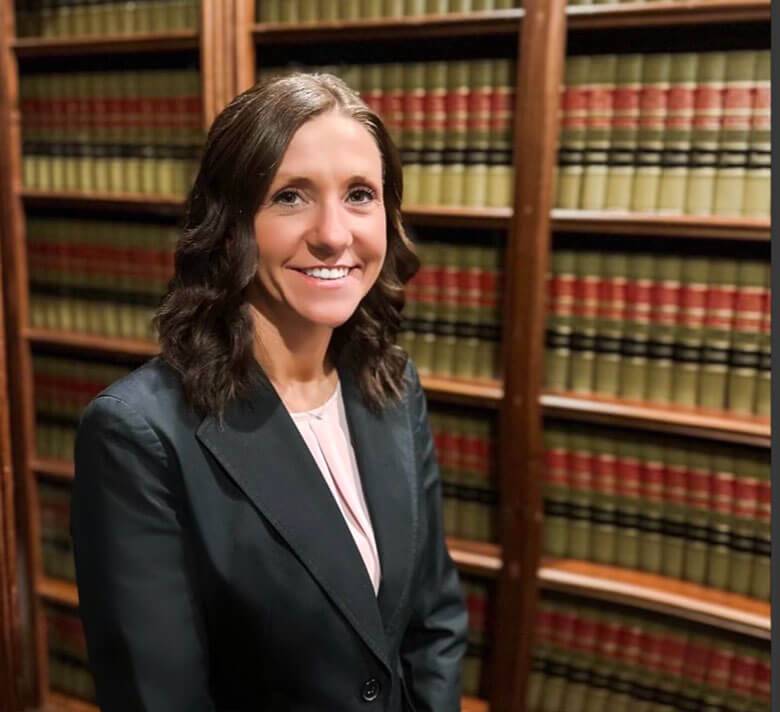
Many people believe that once they hire a lawyer for their accident claim, they’re locked in until the case ends. In reality, you always have the right to seek a second opinion on your personal injury case. Getting a second perspective can help you confirm whether your current lawyer is handling your case effectively or if you might benefit from new representation.
At Manchin Injury Law Group, based in Fairmont, West Virginia, our attorneys understand the importance of trust and effective communication throughout the legal process. If you’ve been hurt in an accident and feel uncertain about your case, getting a second opinion can give you clarity and confidence before making any big decisions.
In West Virginia, clients have the right to consult with another attorney about their case at any stage of the proceedings. Your case file belongs to you, not your lawyer. Under the West Virginia Rules of Professional Conduct, particularly Rule 1.16 (Termination of Representation) and Rule 7.1 (Truthfulness in Communications), clients can end representation if they believe it’s in their best interest.
A second opinion doesn’t necessarily mean firing your current lawyer. It means consulting another experienced personal injury attorney to review your claim, settlement offer, or case strategy.
Many people seek a second opinion to make sure their rights are protected and that their claim reflects the real impact of their injuries.
If something doesn’t feel right about your accident case, it’s worth paying attention.
You might want a second opinion if:
Timing matters. West Virginia law gives injured individuals two years from the date of injury to file a personal injury claim under W. Va. Code § 55-2-12. If you’re unhappy with your representation, act quickly so deadlines don’t pass before you get a second opinion.
Getting a second opinion or changing lawyers is usually simple. Start by reviewing your current fee agreement so you understand your obligations. Then schedule a consultation with a new lawyer to evaluate your case. If you decide to move forward, you’ll sign a new agreement, and the new lawyer will formally request your case file from your former attorney.
If you decide to move forward, the new lawyer will handle everything, including requesting your case file and filing a Substitution of Counsel with the court. You won’t pay twice — if your case is on contingency, the two lawyers will split the fee based on the work each did.
West Virginia ethics rules require both attorneys to cooperate to protect your interests, making the transition smooth and stress-free.

A fresh perspective can uncover opportunities or issues your first lawyer might have missed. Another attorney may spot undervalued damages, overlooked medical documentation, or negotiation tactics that could strengthen your claim.
It also gives peace of mind. Knowing another professional has reviewed your case can reassure you that it’s on the right track.
Sometimes a second opinion includes a new medical evaluation. If doctors identify previously undiagnosed injuries — like a concussion or soft tissue damage — it could increase your claim’s value. The combination of medical and legal reassessment can make a real difference in the outcome of your settlement.
For more information about injury claim rights and consumer protections, you can visit the West Virginia Judiciary.
Many people hesitate to seek a second opinion because of misconceptions. Here’s the truth:
West Virginia law supports every client’s right to choose or change their attorney at any time.

When meeting a new lawyer, come prepared with as much information as possible. Bring:
Having these documents ready lets the reviewing attorney quickly understand your case’s strengths, weaknesses, and potential value.
|
Indicator |
If Staying With Current Lawyer |
If Seeking a Second Opinion |
| Communication Frequency | Infrequent or unclear updates | Detailed feedback and evaluation |
| Settlement Offer | Possibly undervalued | Independent assessment of fairness |
| Legal Strategy | Limited or unclear | New analysis and approach |
| Confidence Level | Ongoing doubts | Reassurance through clear answers |
| Cost Impact | Fixed contingency fee | No additional cost; fee shared |
Yes. Clients have the complete freedom to change lawyers at any stage, as permitted under state ethics rules.
No. Contingency fees are divided between attorneys, so clients never pay twice.
As soon as you feel uncertain about the direction, communication, or offer of your case.
Your case file belongs to you. The new lawyer requests and manages the transfer.
Yes. Many clients seek second opinions to confirm their lawyer’s approach.
Usually not, as long as the new firm acts promptly before any major deadlines.
If your accident claim feels stalled, undervalued, or unclear, you deserve answers. Getting a second opinion can give you confidence that your case is being handled properly — or help you find a lawyer who’s a better fit.
At Manchin Injury Law Group, our attorneys believe that every client deserves clear communication and a strategy tailored to their best interests. If you’re unsure about your current case, we invite you to reach out for a free consultation. We’ll review your situation, explain your rights, and help you make the most informed decision possible.

Associate Attorney at Manchin Injury Law Group
Practice Area: Personal Injury

Attorney Timothy Manchin established the Manchin Injury Law Group in 2011 after his law partner of more than 25 years became a West Virginia circuit court judge. His focus is on helping individual clients and entire families victimized by negligent acts.
We offer a free initial consultation at our office in the Manchin Professional Building — our home since 1983 — conveniently located in Fairmont.
If you are unable to visit our firm, we can come to your home or hospital room.
Fill out the form below to get in touch!